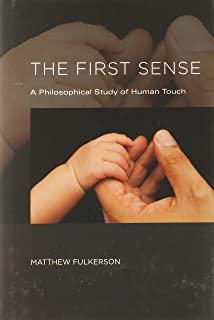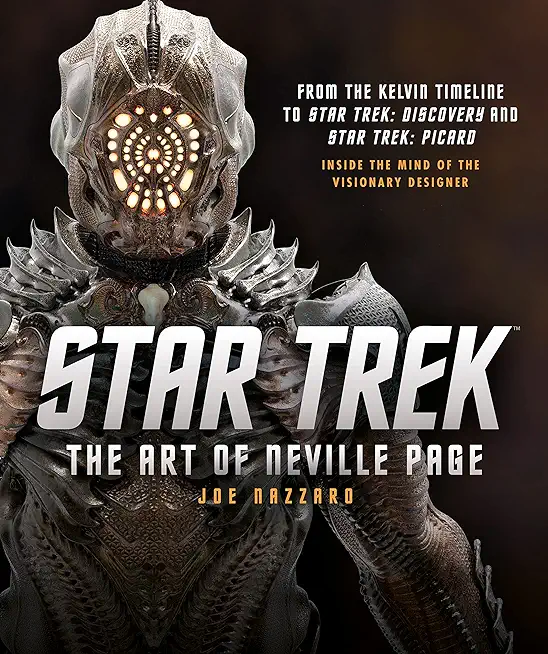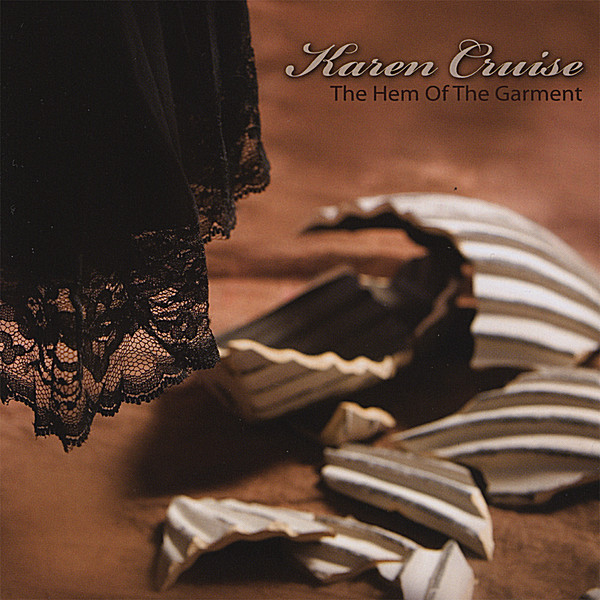
An empirically informed philosophical account of human touch as a single, unified sensory modality that plays a central role in perception.
It is through touch that we are able to interact directly with the world; it is our primary conduit of both pleasure and pain. Touch may be our most immediate and powerful sense--"the first sense" because of the central role it plays in experience. In this book, Matthew Fulkerson proposes that human touch, despite its functional diversity, is a single, unified sensory modality. Fulkerson offers a philosophical account of touch, reflecting the interests, methods, and approach that define contemporary philosophy; but his argument is informed throughout by the insights and constraints of empirical work on touch. Human touch is a multidimensional object of investigation, Fulkerson writes, best served by using a variety of methods and approaches.
To defend his view of the unity of touch, Fulkerson describes and argues for a novel, unifying role for exploratory action in touch. He goes on to fill in the details of this unified, exploratory form of perception, offering philosophical accounts of tool use and distal touch, the representational structure of tangible properties, the spatial content of touch, and the role of pleasure in tactual experience.
Fulkerson's argument for the unique role played by exploratory action departs notably from traditional vision-centric philosophical approaches to perception, challenging the received view that action plays the same role in all sensory modalities. The robust philosophical account of touch he offers in The First Sense has significant implications for our general understanding of perception and perceptual experience.







